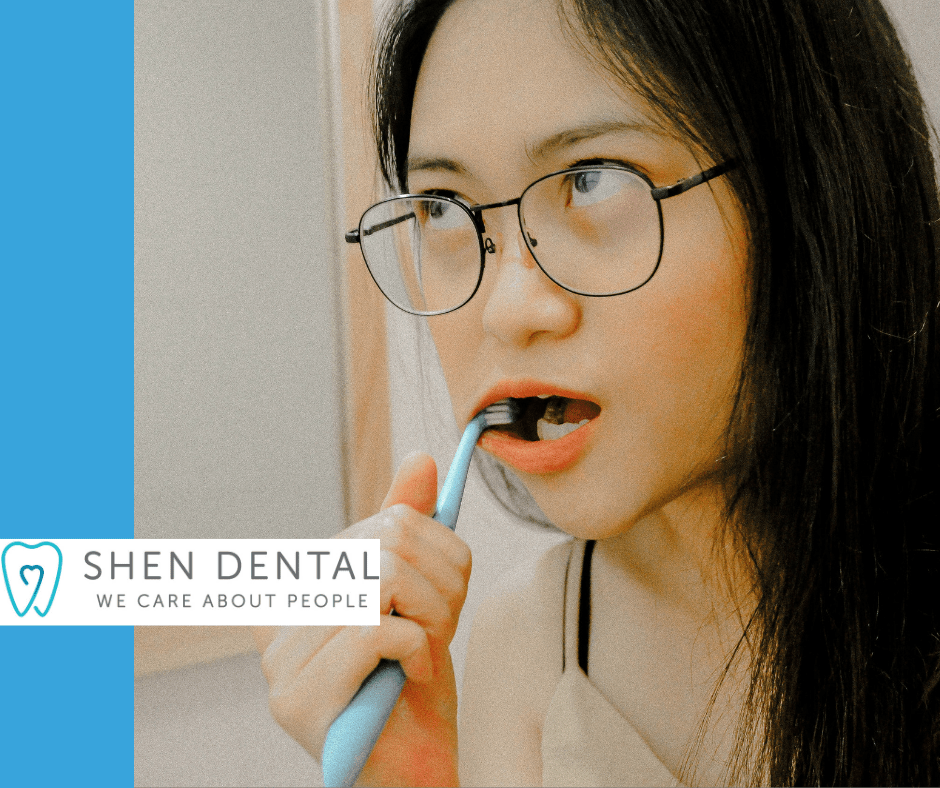Greetings from our dental practice in the center of beautiful Vancouver! Today, Dr. Fisher is shedding light on a common dental woe that affects people of all ages: tooth decay. Understanding what it is, what causes it, and how to prevent it is crucial for maintaining a healthy smile. Let’s dive into this informative guide.
What exactly is tooth decay?
Tooth decay, also known as dental caries or cavities, is a process where the hard tissues of a tooth deteriorate due to bacterial activity. It starts with the erosion of the tooth enamel, the outer protective layer, and if left untreated, can progress deeper into the tooth, leading to pain, infection, and potentially tooth loss.
What causes tooth decay?
Tooth decay is primarily the result of a combination of factors:
Bacteria: Oral bacteria, particularly a strain called Streptococcus mutans (what a complicated name for such a tiny thing!), produce acids when they feed on sugars and starches. These acids wear down the enamel over time.
Diet: Frequent consumption of sugary or acidic foods and drinks provides ample fuel for harmful bacteria. This is why it’s essential to limit the intake of sugary snacks and beverages.
Poor Oral Hygiene: Inadequate brushing and flossing allow plaque (a sticky film of bacteria) to accumulate on teeth, accelerating the decay process.
Dry Mouth: Saliva is nature’s defense against tooth decay, as it helps neutralize acids and wash away food particles. Conditions like dry mouth can lead to an increased risk of cavities.
Are there different treatments for tooth decay?
Yes, several treatments may be offered by the dentist. The appropriate treatment for tooth decay depends on its severity:
Fluoride treatment: In the very early stages of decay, fluoride applications can help remineralize weakened enamel and slow down the progression of cavities.
Dental fillings: For moderate decay, a dental filling is the most common treatment. The decayed portion of the tooth is removed, and the cavity is filled with a tooth-colored material.
Dental crowns: When decay has advanced significantly and a tooth is weakened, a dental crown may be recommended. This protective cap covers the entire tooth, providing strength and preventing further damage.
Root canal therapy: In cases where the decay has reached the tooth’s pulp (nerve), a root canal procedure may be necessary. This involves removing the infected tissue and sealing the tooth to prevent reinfection. After a root canal, the tooth may become weak, so a dental crown is often recommended.
Tooth extraction: In severe cases where a tooth is beyond repair, extraction may be the only option. However, it’s always preferable to preserve natural teeth whenever possible.
How can I prevent tooth decay?
Prevention is key in maintaining a healthy smile. Here are some tips from Dr. Fisher:
Brush regularly: Brush at least twice a day to remove plaque and food particles from your teeth.
Limit sugary foods and drinks: Reduce your consumption of sugary snacks and beverages, and opt for water or milk as healthier alternatives.
Visit your dentist regularly: Routine dental check-ups and cleanings are crucial for early detection and prevention of tooth decay.
Use fluoride toothpaste: Fluoride strengthens enamel and helps protect against decay. Ensure your toothpaste contains fluoride.
Does my age influence tooth decay?
Tooth decay can affect individuals of all ages, but there are some age-related considerations:
Children and teens are prone to tooth decay due to their love for sweets and sometimes less diligent oral hygiene habits. Dental sealants and fluoride treatments can offer extra protection.
Aging can lead to receding gums, which exposes tooth roots and increases the risk of decay in older adults. Regular dental visits become even more critical.
In seniors, dry mouth, often a side effect of certain medications, can contribute to tooth decay. Maintaining good oral hygiene habits and staying hydrated are crucial.
In conclusion,
understanding tooth decay empowers you to take proactive steps in preserving your oral health. By adopting good oral hygiene practices and seeking timely dental care, you can enjoy a radiant smile for years to come.
If you have any questions about tooth decay or any other dental concerns, don’t hesitate to reach out. We’re here to help you achieve and maintain a healthy, happy smile!






